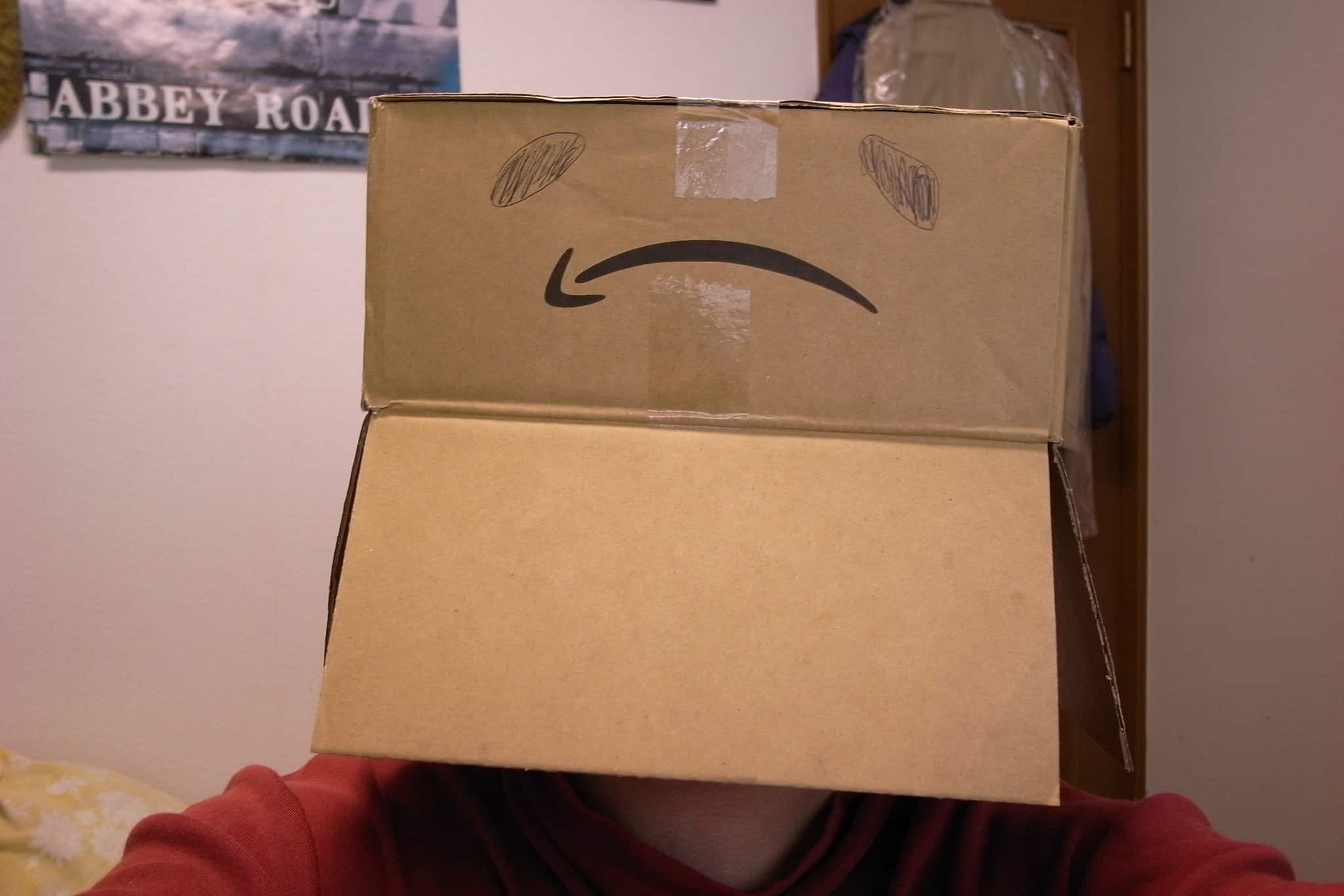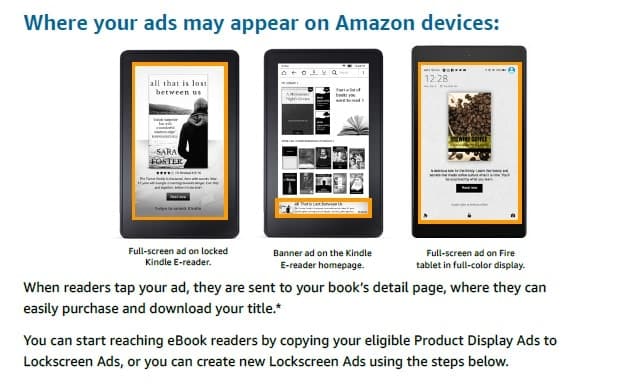The Usual Book Publishing Industry Players Ask Congress to Bell the Cat

It’s hard to beleive that it’s been, what, 5 years since we last played this game, but the US book publishing industry is back to its favorite pastime: complaining about how the biggest book retailer is violating antitrust law.
Twenty years ago their target was Barnes & Noble, but for the past decade the honor has gone to Amazon. Every few years the usual industry players come out with a screed about how this or that activity of Amazon was a violation of antitrust law.
This time around the ABA, AAP, and The Authors Guild sent a letter (PDF) to US Rep. David Cicilline of Rhode Island, chair of the House Antitrust subcommittee, accusing Amazon of the usual malfeasance.
Together, our organizations—the Association of American Publishers, the Authors Guild, and the American Booksellers Association—represent thousands of authors, publishers, and booksellers in the United States who serve the democratic exchange of ideas by creating, publishing, and selling books. Our members rely upon a level playing field in the marketplace of ideas to reach, inform, and transact with customers for the delivery of books, whether in physical or digital form. Regrettably, as the Subcommittee’s hearings have laid bare, the competitive framework of the publishing industry has been fundamentally altered in recent years—and remains at serious risk of further diminishment—because of the concentrated power and influence of one company in particular: Amazon.
Amazon’s scale of operation and share of the market for book distribution has reached the point that no publisher can afford to be absent from its online store. A year ago, the New York Times reported that Amazon controlled 50% of all book distribution, but for some industry suppliers, the actual figure may be much higher, with Amazon accounting for more than 70 or 80 percent of sales. Whether it is the negative impact on booksellers of Amazon forcing publishers to predominantly use its platform, the hostile environment for booksellers on Amazon who see no choice but to sell there, or Amazon’s predatory pricing, the point is that Amazon’s concomitant market dominance allows it to engage in systematic below-cost pricing of books to squash competition in the book selling industry as a whole. Remarkably, what this means is that even booksellers that avoid selling on Amazon cannot avoid suffering the consequences of Amazon’s market dominance. The ongoing COVID-19 crisis is exacerbating the problem: it continues to threaten the financial well-being of authors, publishers, and booksellers, some of whom will not survive the year. Amazon, by contrast, with its ever-extensive operation and data network, has grown only more dominant, enjoying its largest-ever quarterly profits during April, May and June.
The hell of it is, they’re right. While it would be easy to simply dismiss this as the usual crying wolf, for once there is an actual wolf. Amazon really does control most of the book market in the US, and I might dislike two of the groups mentioned above (and the third – the AAP – hates my guts) but even I can see that concentrating so much economic power into one company is bad for the public.
Antitrust law originally came about for the express purpose of breaking up large companies such as Amazon because the concentration of wealth and power is harmful to the public. And while the latest thinking is that monopolies are okay so long as consumers aren’t harmed, that is really just one of those Reaganomics myths that were invented to justify gathering more wealth and power into fewer hands.
It’s about time we discarded that myth, and started busting up trusts again.
Alas, I don’t think that will occur.



Comments
Darryl August 18, 2020 um 10:06 am
Concentrating so much economic power in the hands of one company indeed has the potential to be very bad for the public. But it is not bad for the public per se. Amazon has in fact been very good for the public, and thought it has its failings, on the whole it continues to be good for the public. Contrast the old situation when the economic power was not in the hands of one company but in the hands of a number of colluding companies in a cartel which effectively eliminated any retail price competition from the industry.
The purpose of anti-trust law is not to preserve outdated business models or inept competitors.
DaveMich August 18, 2020 um 11:40 am
A monopoly controls the market such that you can only purchase from them. While Amazon is the dominant retailer, they are not the exclusive retailer (except for some ebooks.) Anything you can buy on Amazon you can buy plenty of other places. People just don’t, and frankly, I pity the politician who takes steps that stop the Amazon boxes from coming – they’ll find out who butters their bread soon enough.
Disgusting Dude August 18, 2020 um 11:51 am
The US publishing market is over $27B a year.
How much of that passes through Amazon?
Go ahead, look it up.
Less than a quarter.
It’s been stated all over by many: when Penguin merged withRandom House, putting half of all trade book sales in the US under one roof. DOJ yawned. Trade books are only a small segment of US publishing. Amazon only looks big if you exclude all the publishing segments Amazon *doesn’t* compete in.
Smoke and mirrors.
Besides, the unholy whiners should’ve waited until February. There’s no telling if Cicilline is going to be in charge of anything, come Groundhog day.
Btw, you mistated: Antitrust doesn’t exist "..for the express purpose of breaking up large companies".
It existed for decades before any court even thought of using it for breaking up any single company.
More importantly, modern US antitrust doesn’t exist to protect inept competitors from effective ones, but rather to *protect* consumers.
So riddle me this: what is Amazon doing today that harms book *shoppers*?
Seems to me the book buyers are flocking to Amazon because they do a better job of selling books.
So now being good at something is illegal?
Xavier Basora August 18, 2020 um 5:01 pm
Disgusting dude
No. But Amazon has started to spike their algorithms and have unpublished authors they don’t like.
So slowly Amazon is becoming an obstacle. It’ll have to be dealt with at one point.
I buy epub over kindle if possible or get the mobi file directly from the author or publisher if i can.
My solution is to radically decentralized publishing. Have bookstore, libraries, schools, archives literally anyone to publish content and make it easy to buy.
European publishers whine about the precious bookstores but don’t haven’t bothered to do anything except to double down on paper and make ebooks and audio books rare but legal. Especially with the backlists.
xavier
Disgusting Dude August 18, 2020 um 5:47 pm
And?
Again: US antitrust is to protect consumers. Not publishers. Not competitors.
Amazon is not a public utility. They are not obligated to carry anything or anybody not do publishers have any right to sell via Amazon. Coosing what to sell and not sell is perfectly legal.
If refusing to carry a certain publisher’s books *were* illegal, B&N and the ABA would be first to be dragged into court for their coordinated boycott of APub books. This boycott not only turned APub books into Amazon LLC exclusives by default, it also justifies AmazonBooks, their growing chain of B&M bookstores.
So if Amazon were obligated to carry every book submitted to tgem, so are B&N and the ABA stores. They aren’t, ergo, neither is Amazon.
Try again.
Just remember "consumer harm".
The agency conspiracy was shut down because Apple and the big publishers conspired to force it on all existing retailers *and* simultaneosly *raised" prices: clear consumer harm that resulted in over a half billion in fines and vouchers going out to ebook customers as redress.
Agency has since returned, one publisher at a time. And Amazon loves it because it offers them free antitrust protection. After all, since both Indies and BPHs set the retail price of their ebooks, the area where Amazon is strongest, how can Amazon be proven to be harming consumers?
Seriosly, how?
If even half the time spent whining about Amazon were spent improving their business practices, the ABA members might be in better shape.
Xavier Basora August 19, 2020 um 7:26 am
Disgusting dude
Totally agree with you about the publishing industry’s sloth. Seriously Amazon has shown how to grow a business by being both data driven and consumer focused. Further Amazon treats writers better by paying them better.
But no the snooty publishers are just aghast at the thought of having to work like a bourgeois shopkeepers so let’s con the govt to save us!
My view is for local libraries and content producers to create their own ecosystem that serves locally.
xavier
Disgusting Dude August 19, 2020 um 9:10 am
Sure. If they can afford it. And zre actually willing.
The open textbook movement is working to s-l-o-w-l-y free schools of the yoke of the predatory textbook multinationals. Too slowly. Mostly because universities are part of the textbook establishment that profits from the existing system.
Likewise, libraries are wedded to the establishment and are for the most part unwilling to challenge the corporate publishers. They whine about high prices and eggregious terms but still cough up the dough.
Even among the traditional publishers there are honest operators that refuse to separate themselves from the big houses and decry their practices that hurt them. Instead they all go along like lemmings.
All you need to do is look at how they all meekly went along with the Agency Conspiracy that cemented the walled garden model for tradebooks and effectively killed interoperable ePub for commercial ebooks in the US. They actively defended the publishers in court as justified "because Amazon" even as agency killed the independent ebookstores that countered Amazon.
As the saying goes: DEEDS, NOT WORDS.
Never mind what they say, watch what they do.
As usual they create and enable their own monsters and then look for somebody else to blame.
Allen F August 19, 2020 um 12:54 pm
Sorry, Nate, but Amazon isn’t the one you should be whining about.
TPV had a real good breakdown: https://www.thepassivevoice.com/us-publishers-authors-booksellers-call-out-amazons-concentrated-power-in-the-book-market/
This is just some big fish whining that a little fish is making them look bad (and is doing better by writers than they want to – so their slush piles now have only those that are afraid of trying self-publishing …)
…
Noise proves nothing. Often a hen who has merely laid an egg cackles as if she laid an asteroid. — Mark Twain
Nate Hoffelder August 19, 2020 um 1:47 pm
About half of his arguments are shitty, and the other half can be summed up as "no, the publishers are evil".
That post is rampant what-about-ism, and I regret the time I wasted thinking about it.